With One Ear To the Ground
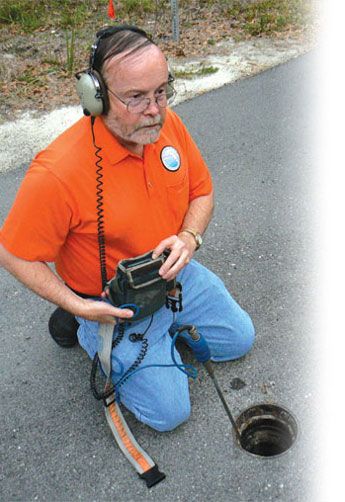 Carl Wright, senior water conservation analyst, locates leaks by using an acoustic listening instrument.
Carl Wright, senior water conservation analyst, locates leaks by using an acoustic listening instrument.
 Carl Wright, senior water conservation analyst, locates leaks by using an acoustic listening instrument.
Carl Wright, senior water conservation analyst, locates leaks by using an acoustic listening instrument.
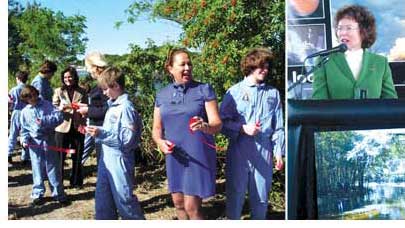 Left: Maritza Rovira-Forino, Governing Board member and co-chair ex officio of the Hillsborough River Basin Board, joined students in the ribbon-cutting ceremony.
Left: Maritza Rovira-Forino, Governing Board member and co-chair ex officio of the Hillsborough River Basin Board, joined students in the ribbon-cutting ceremony.
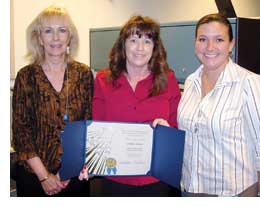 Charlotte Post, administrative supervisor, and Tammy Antoine, employee committee chair, presented Debbie Harper with the Shining Star award.
Charlotte Post, administrative supervisor, and Tammy Antoine, employee committee chair, presented Debbie Harper with the Shining Star award.
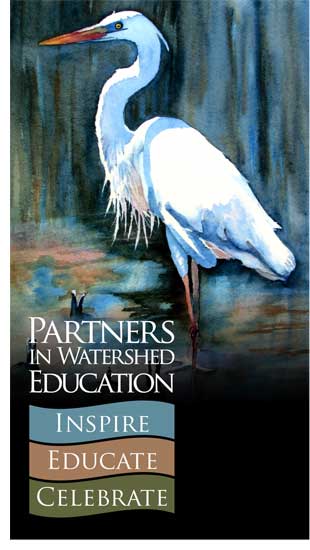
The District recently honored 26 water resources education projects at its “Partners in Watershed Education” awards luncheon and conference.
 Left: Ruffin Gray, City of Lakeland environmental specialist; Nesya Bliss, youth outreach specialist; and Virginia Sternberger, senior communications
Left: Ruffin Gray, City of Lakeland environmental specialist; Nesya Bliss, youth outreach specialist; and Virginia Sternberger, senior communications
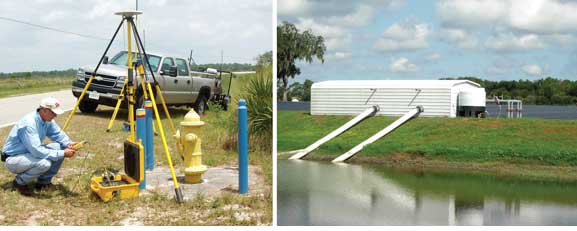 Left: Randy Freeman, civil engineering technician from the United States Department of Agriculture Natural Resources Conservation Service, works with the District to save
Left: Randy Freeman, civil engineering technician from the United States Department of Agriculture Natural Resources Conservation Service, works with the District to save
 Volunteers participating in cleanup.
Volunteers participating in cleanup.
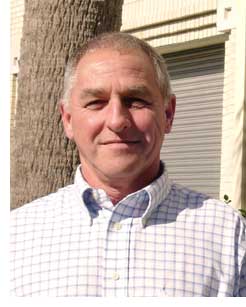 Jay Yingling, senior economist, Planning Department
Jay Yingling, senior economist, Planning Department
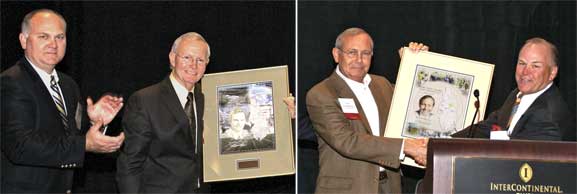 Above left: Governing Board Chair Neil Combee congratulates former Governing Board Chair Joe Davis on his Lifetime Achievement Award.
Above left: Governing Board Chair Neil Combee congratulates former Governing Board Chair Joe Davis on his Lifetime Achievement Award.
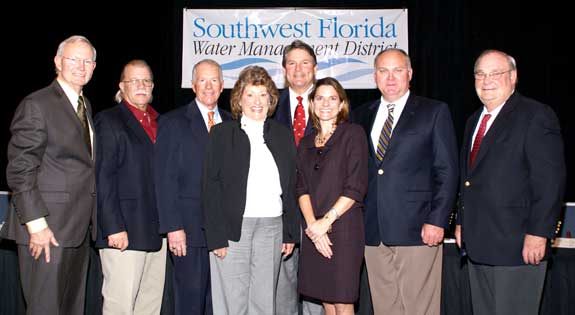 Governing Board Chair Neil Combee (second from right) joined former Governing Board chairs Joe Davis, Jim Allen, Mike Zagorac, Judy Whitehead, Tom Dabney, Heidi McCree a
Governing Board Chair Neil Combee (second from right) joined former Governing Board chairs Joe Davis, Jim Allen, Mike Zagorac, Judy Whitehead, Tom Dabney, Heidi McCree a